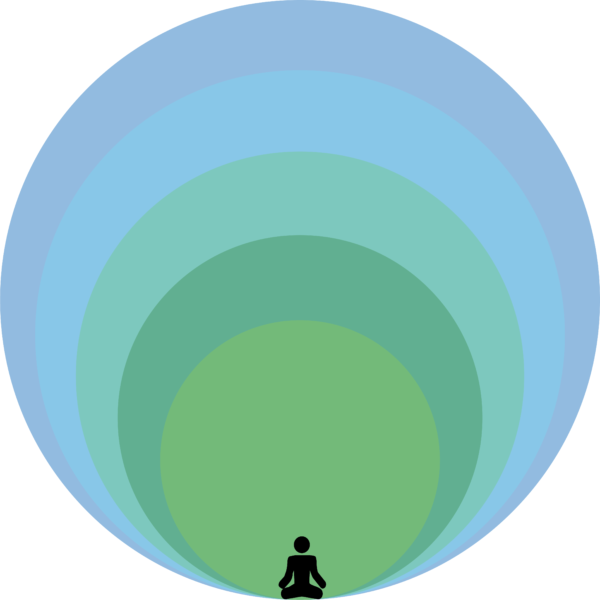Obstacles Facing Residents Aging Out of the New York Capital Region Foster Care System
Children raised in foster homes tend to have a high morbidity. They have developed a similar prevalence of serious physical and mental problems comparable to those of other disadvantaged children populations.



